
Amboseli National Park: The Crown Jewel of Kenya's Wildlife
Amboseli National Park is one of Kenya's most popular national parks, renowned for its stunning views of Mount Kilimanjaro and its large elephant herds. Situated in the southern part of Kenya, near the Tanzanian border, this park offers a quintessential African safari experience. Visitors can witness the spectacular sight of free-ranging elephants against the backdrop of the snow-capped peaks of Mount Kilimanjaro, creating an iconic and unforgettable image. The park's diverse ecosystem includes swamps, woodlands, and savannah, making it a haven for a variety of wildlife. In addition to elephants, you can expect to see lions, cheetahs, giraffes, zebras, and over 400 species of birds. The seasonal lakes, such as Lake Amboseli, attract many birds and animals, providing excellent opportunities for wildlife photography. Amboseli National Park also offers cultural experiences with the local Maasai communities. Visitors can explore Maasai villages, learn about their traditions, and purchase unique handmade crafts. The park is well-equipped with lodges and campsites, making it convenient for both day-trippers and those wishing to stay longer and fully immerse themselves in the beauty and tranquility of the Kenyan wilderness.
Local tips in Amboseli National Park
- Best time to visit is during the dry seasons from June to October and January to February.
- Bring binoculars and a good camera for wildlife viewing and photography.
- Wear light, breathable clothing and pack layers for cooler mornings and evenings.
- Stay in designated lodges or campsites for safety and convenience.
- Respect local Maasai customs and ask for permission before taking photos in villages.
Amboseli National Park: The Crown Jewel of Kenya's Wildlife
Amboseli National Park is one of Kenya's most popular national parks, renowned for its stunning views of Mount Kilimanjaro and its large elephant herds. Situated in the southern part of Kenya, near the Tanzanian border, this park offers a quintessential African safari experience. Visitors can witness the spectacular sight of free-ranging elephants against the backdrop of the snow-capped peaks of Mount Kilimanjaro, creating an iconic and unforgettable image. The park's diverse ecosystem includes swamps, woodlands, and savannah, making it a haven for a variety of wildlife. In addition to elephants, you can expect to see lions, cheetahs, giraffes, zebras, and over 400 species of birds. The seasonal lakes, such as Lake Amboseli, attract many birds and animals, providing excellent opportunities for wildlife photography. Amboseli National Park also offers cultural experiences with the local Maasai communities. Visitors can explore Maasai villages, learn about their traditions, and purchase unique handmade crafts. The park is well-equipped with lodges and campsites, making it convenient for both day-trippers and those wishing to stay longer and fully immerse themselves in the beauty and tranquility of the Kenyan wilderness.
When is the best time to go to Amboseli National Park?
Iconic landmarks you can’t miss
Nairobi National Park
Explore Nairobi National Park, a unique urban wildlife sanctuary home to iconic African wildlife and breathtaking landscapes in the heart of Nairobi.
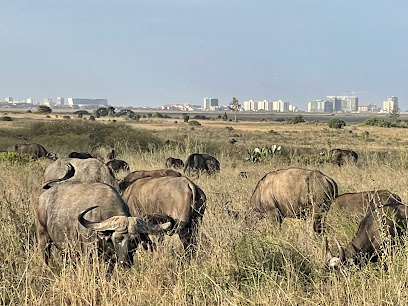
Tsavo East National Park
Discover the wild heart of Kenya at Tsavo East National Park, a breathtaking haven for wildlife lovers and adventure seekers.
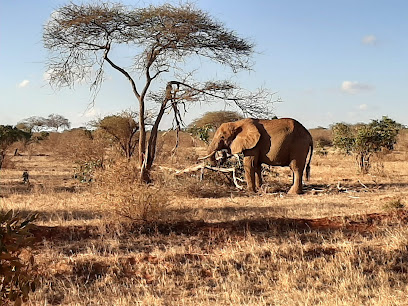
Mount Kenya National Park
Discover the breathtaking landscapes and diverse wildlife of Mount Kenya National Park, a UNESCO World Heritage Site and a paradise for adventure seekers.
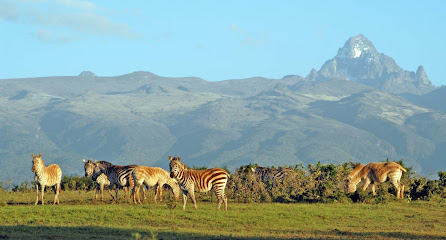
Lake Nakuru National Park
Explore the breathtaking beauty of Lake Nakuru National Park, where stunning landscapes and diverse wildlife come together in a unique Kenyan experience.
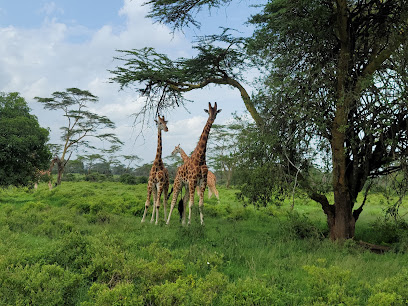
Aberdare National Park
Explore Aberdare National Park's breathtaking landscapes, rich wildlife, and stunning waterfalls for an unforgettable Kenyan adventure.
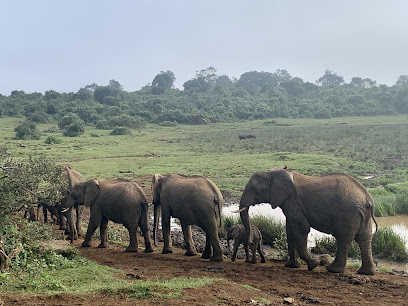
Lake Naivasha
Explore the natural beauty and rich biodiversity of Lake Naivasha, a serene getaway in Kenya's Great Rift Valley, ideal for adventure and relaxation.
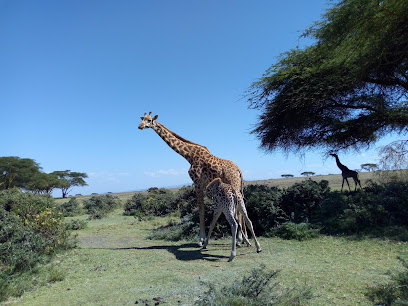
Hells Gate National Park
Explore Hell's Gate National Park: A breathtaking haven of wildlife, stunning landscapes, and adventure in Kenya’s Great Rift Valley.
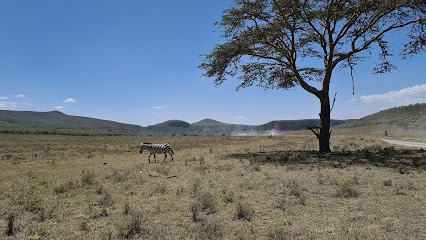
Ngong Hills Forest Reserve
Explore the serene beauty and lush landscapes of Ngong Hills Forest Reserve, a nature lover's paradise in Kenya, perfect for hiking and relaxation.
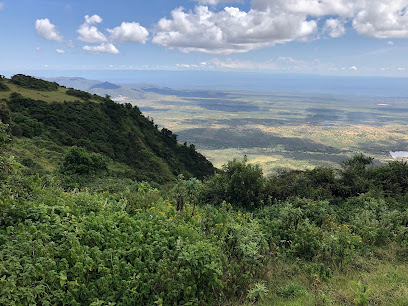
Tsavo West National Park
Discover the breathtaking landscapes and diverse wildlife of Tsavo West National Park, a premier safari destination in the heart of Kenya.
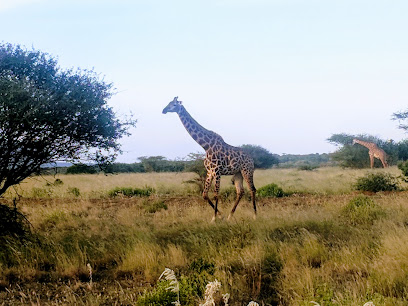
Maasai Mara National Reserve
Explore the awe-inspiring Maasai Mara National Reserve for an unforgettable wildlife safari and cultural experience in the heart of Kenya.
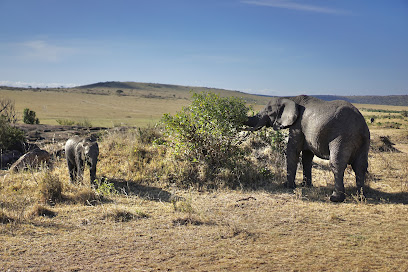
Mara Triangle
Explore Mara Triangle, the stunning national reserve in Kenya, renowned for its rich wildlife, breathtaking landscapes, and the thrilling Great Migration experience.
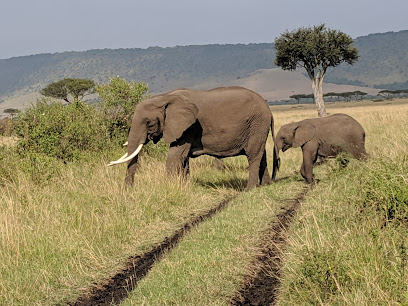
Chyulu Hills National Park
Explore Chyulu Hills National Park: A serene escape with stunning landscapes and diverse wildlife in the heart of Kenya.
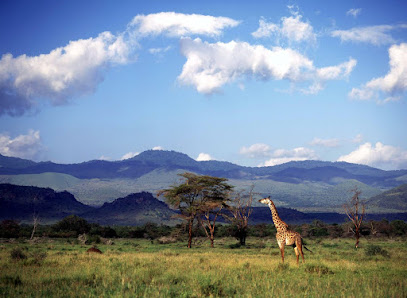
Kibo Safari Camp, Amboseli, Kenya
Experience the beauty of Amboseli National Park at Kibo Safari Camp, where luxury meets the wild with breathtaking views of Mount Kilimanjaro.
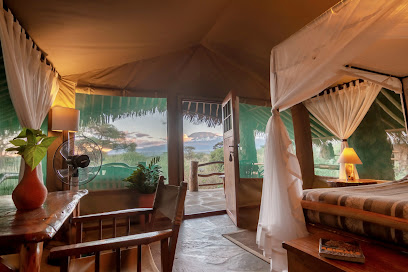
Mara Sopa Lodge
Immerse yourself in the beauty of the Masai Mara at Mara Sopa Lodge, where luxury meets the wild in an unforgettable safari experience.

Shimba Hills National Reserve
Explore Shimba Hills National Reserve: A Sanctuary of Wildlife and Natural Beauty in Kenya's Coastal Region.
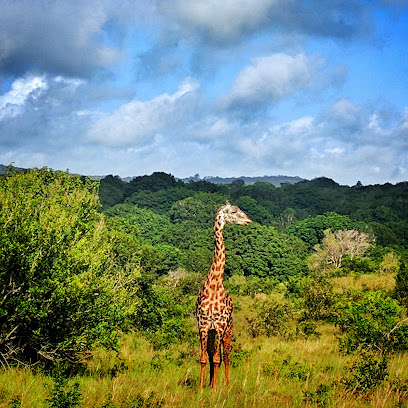
Unmissable attractions to see
Chyulu Hills National Park
Discover the breathtaking landscapes and rich biodiversity of Chyulu Hills National Park, a hidden gem between Kilimanjaro and Tsavo.
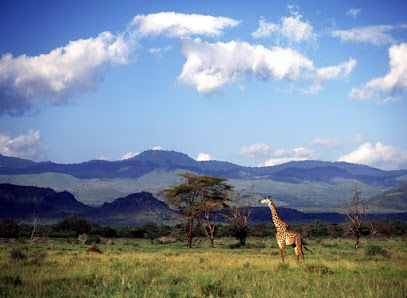
KWS Campsite
Discover the charm of KWS Campsite near Amboseli National Park, a tranquil haven for nature lovers and wildlife enthusiasts in Kenya.
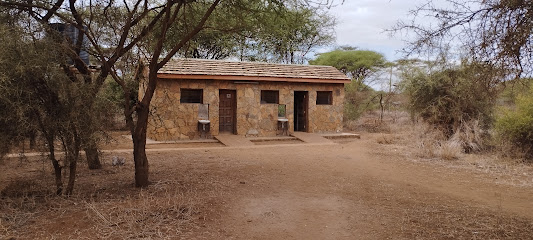
Manjaro Tented Camp
Experience the ultimate wildlife adventure at Manjaro Tented Camp, your gateway to Amboseli's stunning landscapes and rich biodiversity.
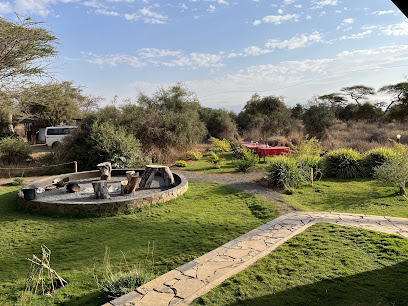
Maasai Heritage Museum
Explore the vibrant culture of the Maasai people at the Maasai Heritage Museum in Kimana, a captivating art museum showcasing traditions and history.
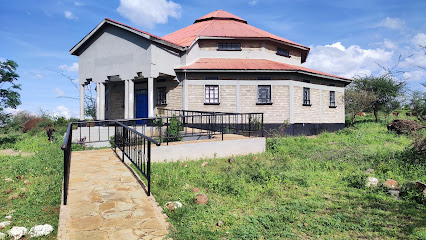
Ol Tukai Lodge
Experience the magic of wildlife at Ol Tukai Lodge, your gateway to the breathtaking landscapes of Amboseli National Park and stunning views of Mount Kilimanjaro.
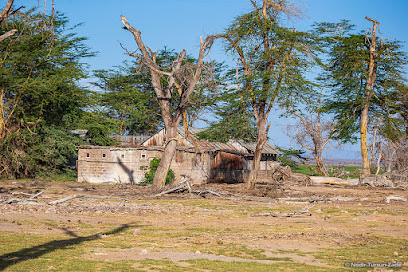
Amboseli Discovery Camp
Experience the breathtaking wildlife and stunning landscapes at Amboseli Discovery Camp, your gateway to unforgettable safari adventures in Kenya.
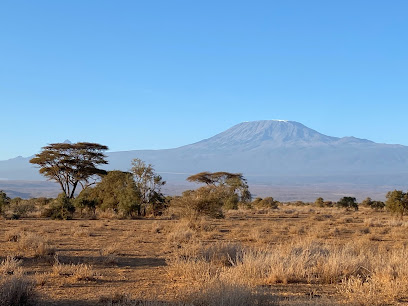
Selenkay Conservancy
Explore the stunning Selenkay Conservancy, a breathtaking national park in Kenya, rich in wildlife and natural beauty.
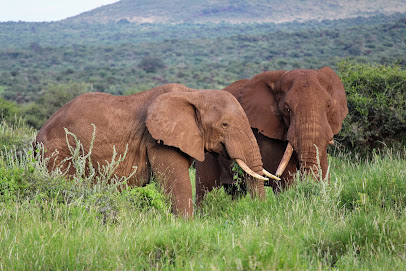
KENYA WILDLIFE SERVICE-KAJIADO
Explore Amboseli National Park, a stunning wildlife haven in Kenya, where majestic elephants roam against the backdrop of Mount Kilimanjaro.
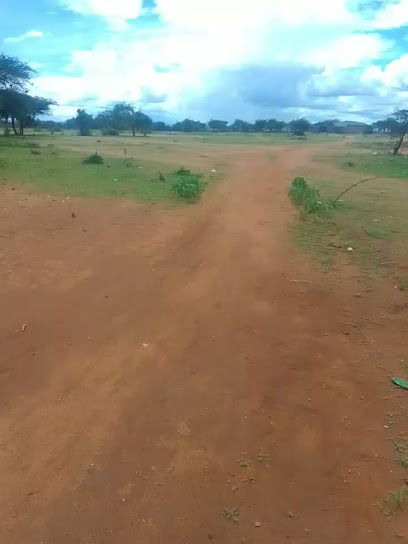
Baloon Safaris
Discover the breathtaking beauty of Kenya from above with unforgettable hot air balloon safaris, ideal for wildlife lovers and adventure seekers.
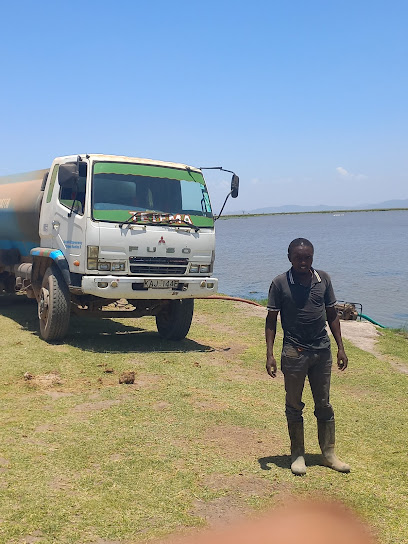
Amboceli Kenia
Explore the breathtaking Amboseli National Park, where majestic elephants roam beneath the stunning shadow of Mount Kilimanjaro, offering unforgettable wildlife experiences.

Essential places to dine
Amboseli National Park
Discover Amboseli National Park: Home to majestic elephants and breathtaking views of Mount Kilimanjaro.
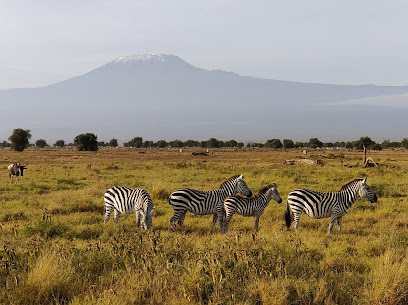
Talisman Restaurant
Discover the unique flavors of Kenya at Talisman Restaurant in Nairobi - where local ingredients meet global culinary artistry.
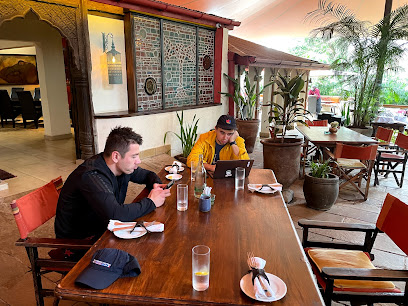
Mawimbi Seafood Restaurant & Cafè
Discover exquisite seafood and Italian cuisine at Mawimbi Seafood Restaurant & Cafè, Nairobi's premier fine dining destination.
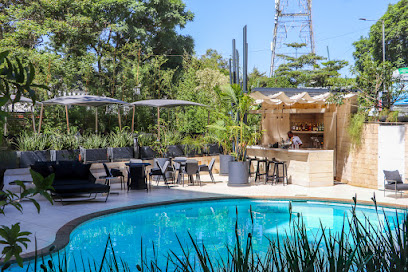
Kibo Safari Camp, Amboseli, Kenya
Experience luxury amidst nature at Kibo Safari Camp in Amboseli National Park – where breathtaking views meet rich wildlife encounters.
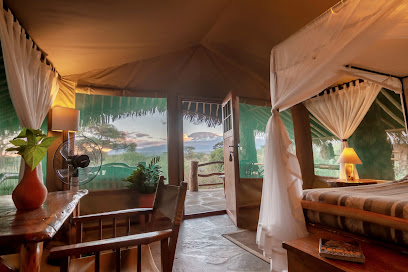
Ali Barbour's Cave Restaurant
Experience fine dining like never before at Ali Barbour's Cave Restaurant in Mombasa—where exquisite cuisine meets breathtaking natural beauty.
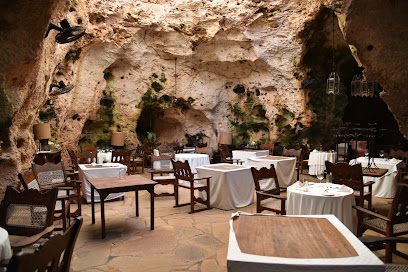
Amboseli Serena Safari Lodge
Discover luxury and adventure at Amboseli Serena Safari Lodge in Amboseli National Park - your gateway to Africa's breathtaking wildlife.
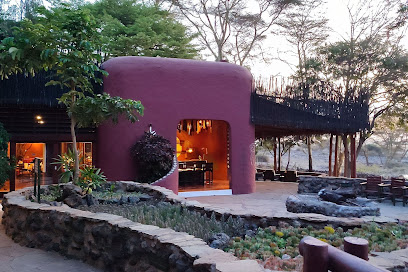
Amboseli Sopa Lodge
Experience luxury and nature at Amboseli Sopa Lodge, where breathtaking views of Kilimanjaro meet unmatched hospitality.

Ol Tukai Lodge Amboseli
Discover unparalleled luxury and breathtaking wildlife at Ol Tukai Lodge Amboseli, your gateway to unforgettable adventures in Kenya's stunning landscapes.
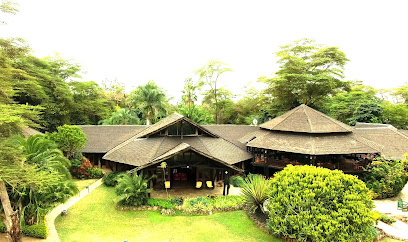
Elewana Tortilis Camp Amboseli
Discover luxury amidst breathtaking landscapes at Elewana Tortilis Camp Amboseli – your gateway to unforgettable safari adventures.
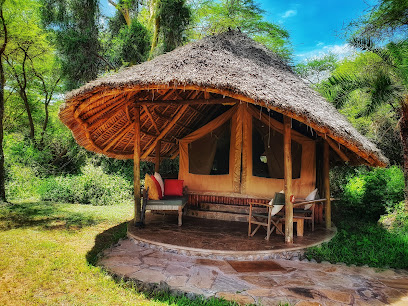
Elerai Camp
Experience breathtaking views and luxury accommodations at Elerai Camp in Amboseli National Park – a true escape into nature's wonder.
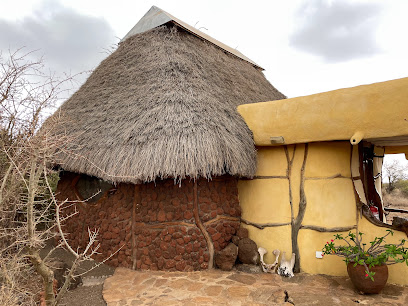
Tawi Lodge
Discover tranquility at Tawi Lodge in Amboseli – your gateway to wildlife adventures and breathtaking views of Mount Kilimanjaro.

Kimana Amboseli Camp
Discover unforgettable wildlife adventures at Kimana Amboseli Camp near Amboseli National Park, offering stunning views and cultural experiences.
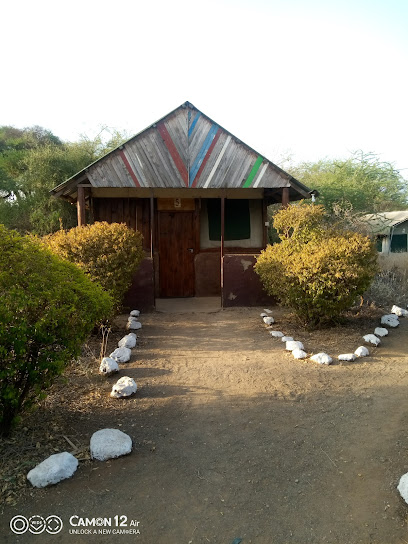
Amboseli Junction Hotel and Curio Shop
Discover authentic Kenyan hospitality at Amboseli Junction Hotel and Curio Shop, your gateway to Amboseli National Park's stunning wildlife.
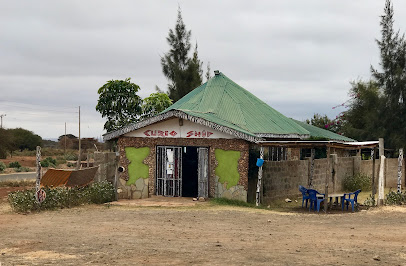
Amboseli Bush Camp
Discover tranquility and adventure at Amboseli Bush Camp - your gateway to unforgettable wildlife experiences near Mount Kilimanjaro.

Tulia Amboseli Safari Camp
Experience the wild beauty of Amboseli National Park at Tulia Amboseli Safari Camp, where adventure meets comfort amidst stunning landscapes.

Markets, malls and hidden boutiques
Amboseli National Park
Explore Amboseli National Park, where breathtaking views of Mount Kilimanjaro meet vibrant wildlife and rich Maasai culture in an unforgettable adventure.
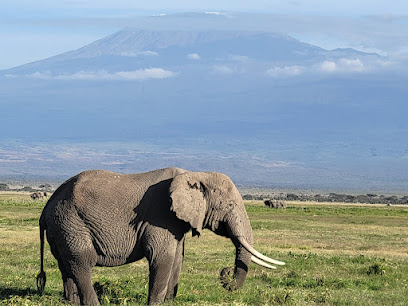
Paradise Gallery
Explore Paradise Gallery for authentic Kenyan souvenirs, handcrafted treasures, and vibrant local art that capture the spirit of Kenya.
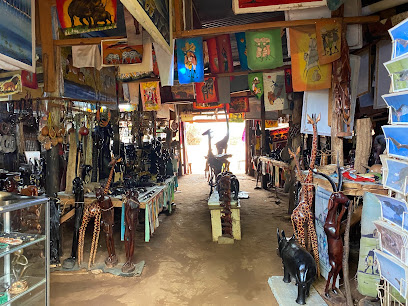
Souvenir shop
Explore Poka's vibrant souvenir shop for unique handmade crafts and gifts that reflect the rich culture and artistry of the region.
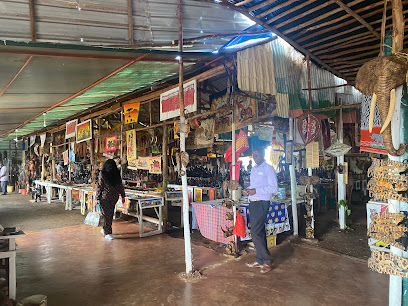
Nicemart Supermarket
Explore the flavors of Kenya at Nicemart Supermarket, where local produce meets international tastes in a vibrant shopping experience.
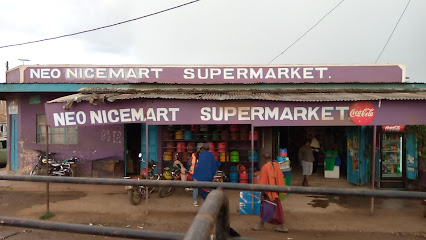
7th Wonders Curio Shop
Explore the vibrant culture of Kenya through unique crafts and souvenirs at 7th Wonders Curio Shop in Kimana.
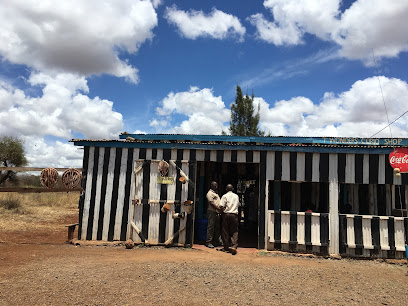
Esykami collection
Explore the Esykami Collection in Kimana for unique clothing and vibrant local fashion that celebrates cultural heritage.
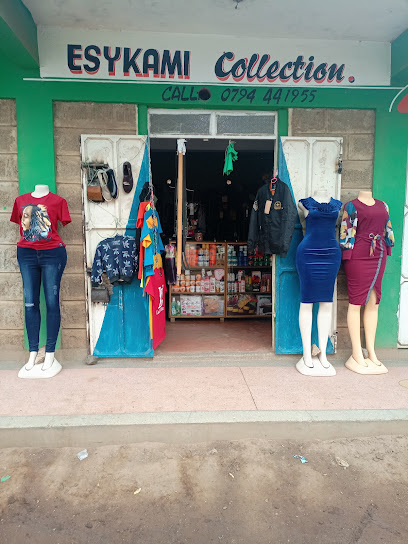
THE NEW HORIZONS SHOES AND CLOTHING STORE
Discover trendy footwear and clothing in the heart of Kimana, where Kenyan culture meets contemporary fashion.
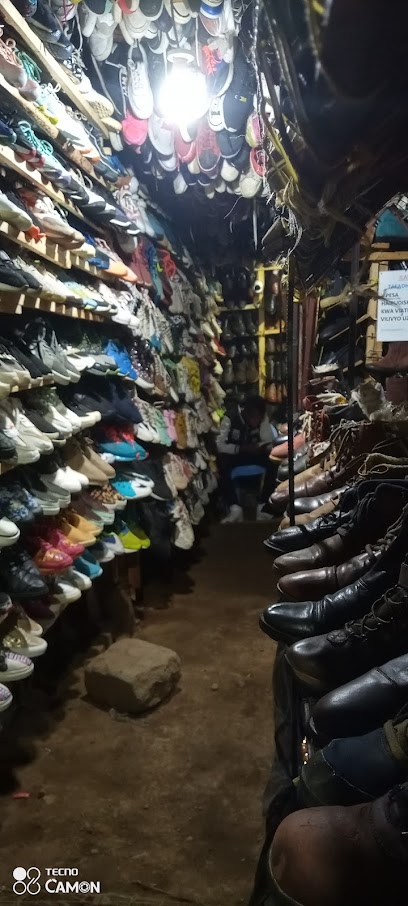
NEW VISION SUPER SHOP
Explore the vibrant offerings of New Vision Super Shop in Kimana, a treasure trove of unique oriental goods and cultural delights.
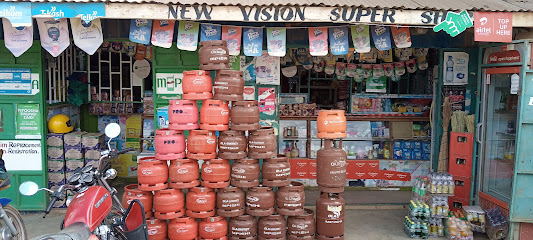
Umiisyo traders
Discover the heart of Kimana at Umiisyo Traders, where local culture and unique products come together in a vibrant general store experience.
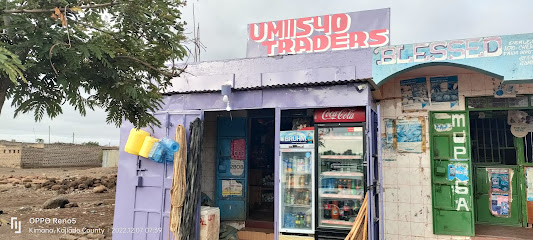
Nosim Clothing
Discover authentic Kenyan fashion at Nosim Clothing in Oloitokitok, where local craftsmanship meets vibrant styles for every traveler.
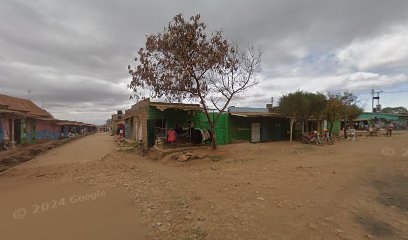
Beads by Sialo
Explore the vibrant artistry of Kenya at Beads by Sialo, your go-to destination for unique handcrafted jewelry in Oloitokitok.
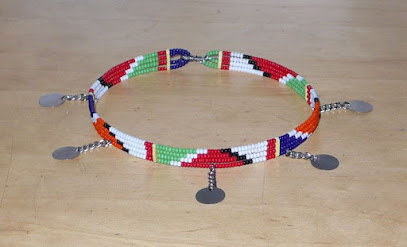
Wakaruru Fashion 7
Explore the vibrant styles of Wakaruru Fashion 7 in Oloitokitok, where local culture meets modern fashion trends.
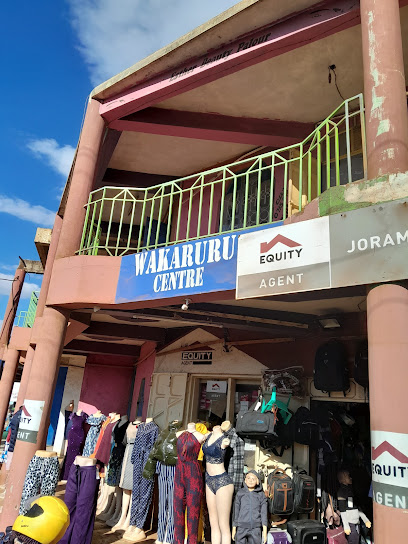
Lengesim
Explore Lengesim Shopping Mall: a vibrant hub of shopping, dining, and entertainment in the heart of Lengesim, perfect for tourists seeking local culture.

Far East Shopping Spot -isinet
Discover the Far East Shopping Spot, a lively mall in Isinet Town offering a unique blend of local crafts, fashion, and delicious cuisine.
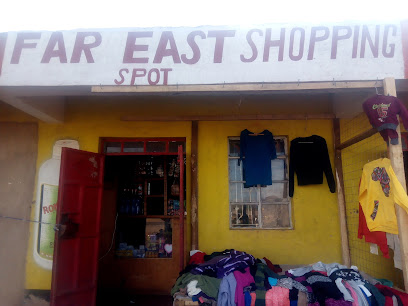
Sajani
Experience the essence of Kenya at Sajani, Kimana's premier store for handcrafted goods and cultural souvenirs.
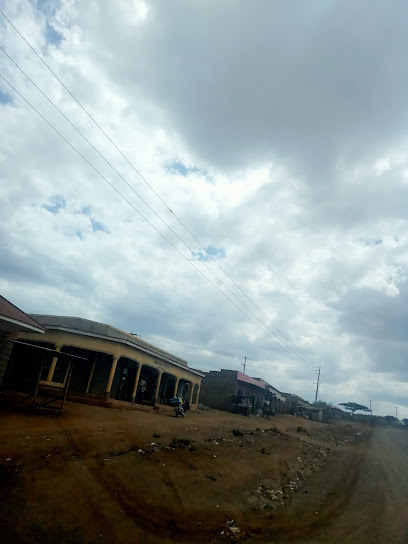
Essential bars & hidden hideouts
The Alchemist
Experience the vibrant nightlife of Nairobi at The Alchemist, a lively bar and event venue offering great food, drinks, and entertainment.
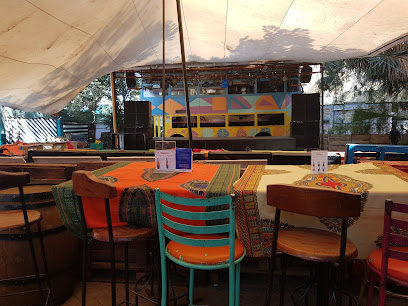
Brew Bistro and Lounge
Explore the essence of Nairobi at Brew Bistro and Lounge, a vibrant brewpub offering craft beers and delectable dishes in a lively atmosphere.
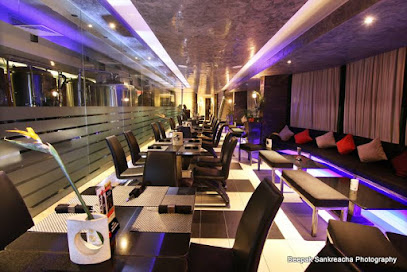
Moonshine Beach Bar
Discover the vibrant Moonshine Beach Bar in Mombasa, a tropical lounge offering delicious drinks, stunning views, and lively entertainment for every traveler.
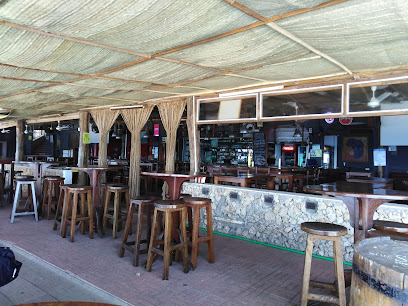
Sky Bar Westlands- ibis Styles Hotel Rooftop
Experience the vibrant nightlife and stunning city views at Sky Bar Westlands, a top rooftop destination in Nairobi.
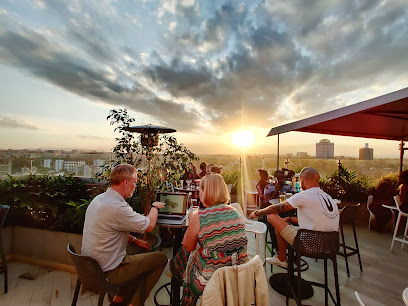
Amboseli Serena Safari Lodge
Discover the breathtaking beauty of Amboseli National Park at Amboseli Serena Safari Lodge, where luxury meets the wild.
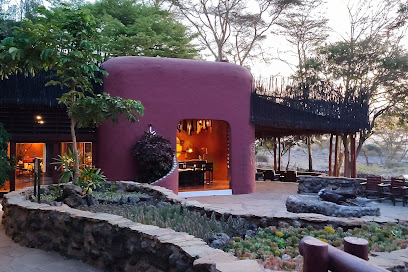
Ol Tukai Lodge Amboseli
Discover the beauty of Amboseli National Park at Ol Tukai Lodge, where luxury meets nature in a stunning African setting.
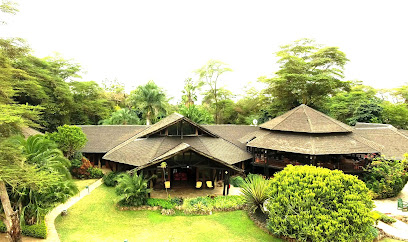
Elewana Tortilis Camp Amboseli
Discover luxury and adventure at Elewana Tortilis Camp Amboseli, where breathtaking views of Kilimanjaro and wildlife encounters await.
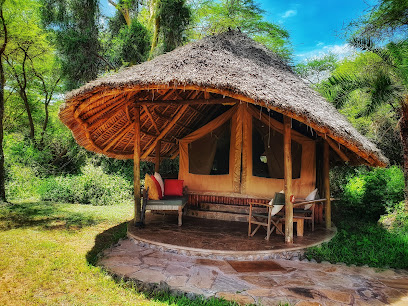
Kwa Biwott
Discover the rich flavors of Kenyan cuisine at Kwa Biwott, a grill restaurant in Kimana that offers a delicious culinary experience.
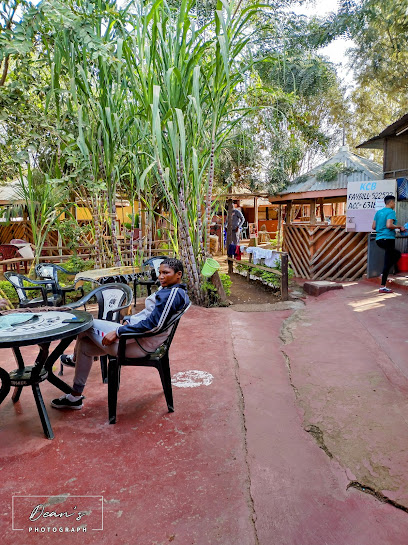
Tulia Amboseli Safari Camp
Experience the beauty of Amboseli from the comfort of Tulia Amboseli Safari Camp, your gateway to adventure in the heart of wildlife-rich Kenya.

Ambokili Lodge
Discover the tranquil beauty of Amboseli at Ambokili Lodge, where luxury meets nature amidst stunning views of Mount Kilimanjaro.

Modern Bar And Restaurant
Discover the vibrant atmosphere and diverse menu at Modern Bar and Restaurant in Simba, a perfect retreat for tourists seeking relaxation and socialization.
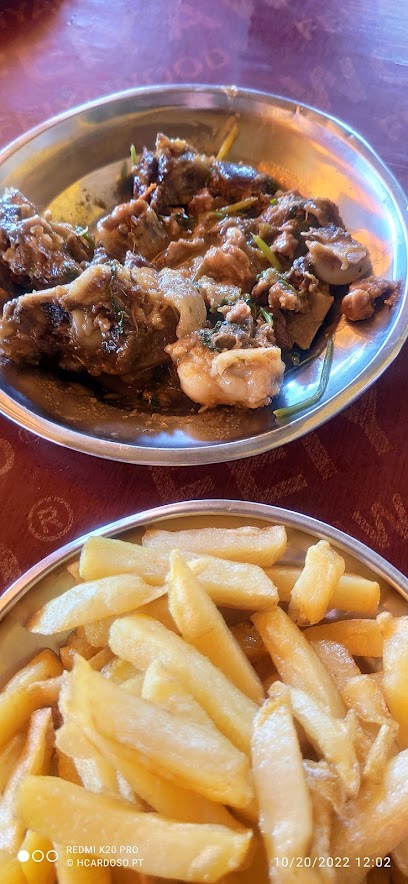
Oilepo Amboseli
Experience the magic of Amboseli at Oilepo Amboseli, where luxury meets the wild heart of Kenya.
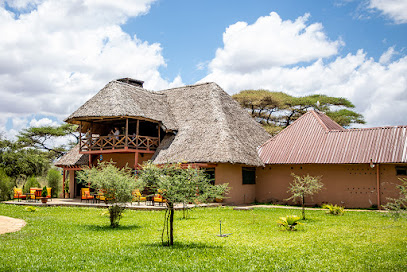
Silent Bar Kimana
Experience the lively atmosphere and local flavors at Silent Bar Kimana, a must-visit destination for tourists seeking relaxation and connection.
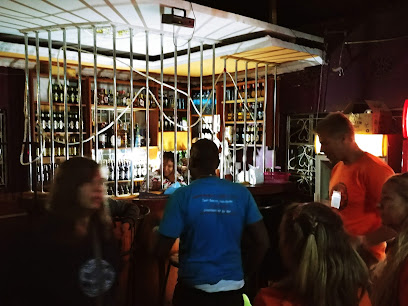
Amboseli cultural camp
Experience the essence of Kenyan culture at Amboseli Cultural Camp, where tradition meets tranquility in the heart of Oloitokitok.
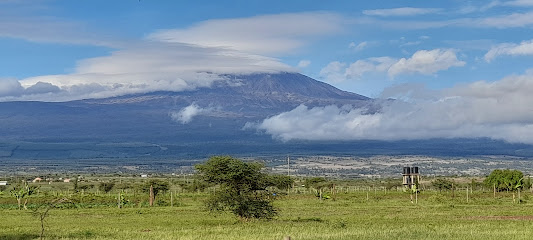
Dannex Bar and Restaurant
Discover the lively ambiance and delicious cuisine at Dannex Bar and Restaurant in Makindu, the perfect spot for relaxation and socializing.

Local Phrases about Amboseli National Park
-
- HelloSupa
[soo-pah] - GoodbyeKwaheri
[kwah-heh-ree] - YesNdio
[n-dee-oh] - NoHapana
[ha-pah-nah] - Please/You're welcomeTafadhali
[ta-fa-da-lee] - Thank youAsante
[ah-sahn-teh] - Excuse me/SorrySamahani
[sah-mah-hah-nee] - How are you?U hali gani?
[oo hah-lee gah-nee?] - Fine. And you?Safi. Na wewe?
[sah-fee. nah weh-weh?] - Do you speak English?Unazungumza Kiingereza?
[oo-nah-zoon-goom-zah keen-gheh-reh-zah?] - I don't understandSielewi
[see-leh-wee]
- HelloSupa
-
- I'd like to see the menu, pleaseNingependa kuona orodha, tafadhali
[nin-geh-pen-dah koo-oh-nah oh-roh-dhah, tah-fa-da-lee] - I don't eat meatSili nyama
[see-lee nyah-mah] - Cheers!Saluti!
[sah-loo-tee] - I would like to pay, pleaseNingependa kulipa, tafadhali
[nin-geh-pen-dah koo-lee-pah, tah-fa-da-lee]
- I'd like to see the menu, pleaseNingependa kuona orodha, tafadhali
-
- Help!Msaada!
[msah-ah-dah!] - Go away!Ondoka!
[ohn-doh-kah!] - Call the Police!Piga polisi!
[pee-gah poh-lee-see!] - Call a doctor!Piga daktari!
[pee-gah dahk-tah-ree!] - I'm lostNimepotea
[nee-meh-poh-teh-ah] - I'm illMimi ni mgonjwa
[mee-mee nee m-gohn-jwah]
- Help!Msaada!
-
- I'd like to buy...Ningependa kununua...
[nin-geh-pen-dah koo-noo-noo-ah...] - I'm just lookingNatazama tu
[nah-tah-zah-mah too] - How much is it?Bei ni kiasi gani?
[beh-ee nee kyah-see gah-nee?] - That's too expensiveHiyo ni ghali sana
[hee-yoh nee gha-lee sah-nah] - Can you lower the price?Unaweza kupunguza bei?
[oo-nah-weh-zah koo-poon-goo-zah beh-ee?]
- I'd like to buy...Ningependa kununua...
-
- What time is it?Saa ngapi?
[sah-ah ngah-pee?] - It's one o'clockNi saa moja
[nee sah-ah moh-jah] - Half past (10)Nusu saa kumi
[noo-soo sah-ah koo-mee] - MorningAsubuhi
[ah-soo-boo-hee] - AfternoonMchana
[m-chah-nah] - EveningJioni
[joh-nee] - YesterdayJana
[jah-nah] - TodayLeo
[leh-oh] - TomorrowKesho
[keh-shoh] - 1Moja
[moh-jah] - 2Mbili
[m-bee-lee] - 3Tatu
[tah-too] - 4Nne
[n-neh] - 5Tano
[tah-noh] - 6Sita
[see-tah] - 7Saba
[sah-bah] - 8Nane
[nah-neh] - 9Kenda
[kehn-dah] - 10Kumi
[koo-mee]
- What time is it?Saa ngapi?
-
- Where's a/the...?Iko wapi...?
[ee-koh wah-pee...?] - What's the address?Anwani ni gani?
[ahn-wah-nee nee gah-nee?] - Can you show me (on the map)?Unaweza kunionyesha (kwenye ramani)?
[oo-nah-weh-zah koo-nee-oh-nyeh-shah (kwehn-yeh rah-mah-nee)?] - When's the next (bus)?Ni lini basi inayofuata?
[nee lee-nee bah-see ee-nah-yoh-foo-ah-tah?] - A ticket (to ....)Tiketi (kwenda ....)
[tee-keh-tee (kwehn-dah ....)]
- Where's a/the...?Iko wapi...?
History of Amboseli National Park
-
The Maasai people have long been the indigenous inhabitants of the Amboseli region. Known for their distinctive customs, dress, and semi-nomadic lifestyle, the Maasai have historically relied on the land for grazing their cattle. Their deep connection to the environment is evident in their sustainable practices and rich oral traditions that have been passed down through generations. Today, the Maasai continue to live around Amboseli National Park, and their vibrant culture remains a significant part of the area's identity.
-
Amboseli National Park was established in 1974, but its history as a protected area dates back to 1906 when it was first designated as a Southern Game Reserve by the colonial government. The park was later gazetted as a national reserve in 1948 before gaining its current status. The park was established to protect the unique ecosystem, which includes vast swamps, woodlands, and savannahs, and to provide a sanctuary for the diverse wildlife, including elephants, lions, and over 400 species of birds.
-
In 1991, Amboseli National Park was designated as a UNESCO Biosphere Reserve. This recognition was part of the Man and the Biosphere (MAB) Programme, aimed at promoting sustainable development based on local community efforts and sound science. The designation highlights the park's ecological importance and the need to balance conservation efforts with the socioeconomic needs of the surrounding communities.
-
Ol Tukai Lodge, located within the park, is not only a popular tourist destination but also a site of archaeological significance. Excavations in the area have uncovered evidence of early human settlements, providing insights into the prehistoric inhabitants who once roamed these lands. These discoveries include stone tools and pottery fragments, which suggest that the region was an important habitation site for ancient hunter-gatherer communities.
-
Over the years, Amboseli National Park has faced numerous conservation challenges, including human-wildlife conflict, poaching, and habitat degradation. To address these issues, various conservation programs have been implemented, often involving local Maasai communities. Initiatives such as community-based wildlife management and eco-tourism projects aim to provide economic benefits to the local people while ensuring the protection of the park's natural resources. The involvement of the Maasai in these efforts has been crucial in fostering a collaborative approach to conservation.
Amboseli National Park Essentials
-
Amboseli National Park is located in southern Kenya, near the Tanzanian border. The nearest major airport is Jomo Kenyatta International Airport (NBO) in Nairobi, approximately 240 kilometers away. From Nairobi, travelers can take a domestic flight to Amboseli Airport, which is located within the park. Alternatively, visitors can drive from Nairobi to Amboseli, a journey that takes around 4 to 5 hours by road. There are also organized tours and shuttle services that provide transportation from Nairobi to the park.
-
Within Amboseli National Park, the primary mode of transportation is by 4x4 vehicles, which are well-suited for the rough and often muddy terrain. Many lodges and camps offer guided game drives. Self-driving is also an option, but it is recommended to use a high-clearance vehicle. For those arriving by air, transfers to lodges and camps are usually arranged in advance. Walking safaris are available in some areas but must be done with a professional guide.
-
The official currency in Kenya is the Kenyan Shilling (KES). Credit cards are accepted at most lodges, camps, and larger establishments within the park, but it is advisable to carry cash for smaller transactions and tips. ATMs are available in major towns and cities, but not within the park itself, so ensure you withdraw enough cash before arriving. Some lodges may also accept US dollars.
-
Amboseli National Park is generally safe for tourists, but it is important to take standard precautions. Avoid walking alone in the park, especially at night, as wildlife can be dangerous. Always stay within the boundaries of your lodge or camp unless accompanied by a guide. While crime rates targeting tourists in Amboseli are low, it is still advisable to keep valuables secure and be aware of your surroundings. Nairobi, where many travelers transit through, has areas with higher crime rates, so remain vigilant and avoid displaying valuables openly.
-
In case of an emergency, contact your lodge or camp staff immediately, as they are equipped to handle most situations. For medical emergencies, lodges often have first aid kits, and the nearest major hospital is in Nairobi. It is recommended to have travel insurance that covers medical emergencies and evacuation. The emergency contact number in Kenya is 112 or 999. It is also wise to have the contact details of your embassy or consulate in Nairobi.
-
Fashion: Do wear neutral-colored clothing suitable for safaris, such as khaki or olive green. Avoid bright colors and camouflage patterns. Religion: Do respect local customs and traditions. If visiting a Maasai village, dress modestly and ask for permission before taking photos. Public Transport: Public transport options are limited within the park, so rely on lodge transfers and guided tours. Greetings: Do greet people with a handshake. The common Swahili greeting is 'Jambo' (Hello). Eating & Drinking: Do try local dishes offered at lodges and camps. Always drink bottled or purified water to avoid waterborne illnesses.
-
To experience Amboseli like a local, engage with the Maasai community through cultural tours offered by many lodges and camps. Visit local markets outside the park for handmade crafts and souvenirs. Take the time to learn a few Swahili phrases, as it is appreciated by locals. Early morning and late afternoon are the best times for game drives, as animals are most active during these periods. Don’t miss the opportunity to see Mount Kilimanjaro at dawn, as it often provides the clearest views.
Trending Landmarks in Amboseli National Park
-
Nairobi National Park
-
Tsavo East National Park
-
Mount Kenya National Park
-
Lake Nakuru National Park
-
Aberdare National Park
-
Lake Naivasha
-
Hells Gate National Park
-
Ngong Hills Forest Reserve
-
Tsavo West National Park
-
Maasai Mara National Reserve
-
Mara Triangle
-
Chyulu Hills National Park
-
Kibo Safari Camp, Amboseli, Kenya
-
Mara Sopa Lodge
-
Shimba Hills National Reserve
Nearby Cities to Amboseli National Park
-
Things To Do in Arusha
-
Things To Do in Nairobi
-
Things To Do in Naivasha
-
Things To Do in Nakuru
-
Things To Do in Mombasa
-
Things To Do in Diani Beach
-
Things To Do in Malindi
-
Things To Do in Tanga
-
Things To Do in Singida
-
Things To Do in Kisumu
-
Things To Do in Lamu
-
Things To Do in Eldoret
-
Things To Do in Dodoma
-
Things To Do in Stone Town
-
Things To Do in Zanzibar City









